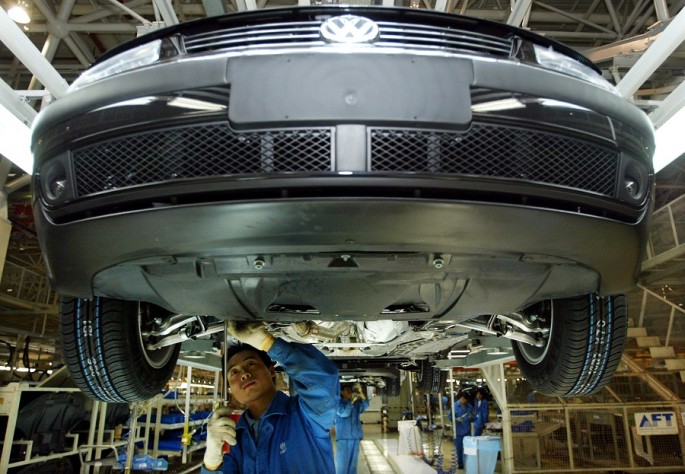China is already having a hard time boosting its economy and it would continue to do so because of the effects of the decline in its working age population.
A report from Fortune featured some statements from economic experts who strongly believe that China's impressive growth in the past years is due to the enhanced productivity of industries thanks to the massive working population.
But now that these laborers are retiring one after the other, some are asking: How will China fare in the years to come?
Decline in the Working Age Population
Earlier this year, the Wall Street Journal reported about how China saw the biggest decline of the working age population in 2015.
According to the outlet, the total number of workers all over the country dropped 4.87 million from last year's 911 million laborers aged between 16 and 59.
According to a Macquarie research team led by Larry Hu, the decline comes after China's working age population has reached its peak.
"China's working age (15-64) population has peaked and is set to decline, which will weigh on China's long-term potential growth rate," the Business Insider quoted him saying.
This means the decline will be felt in China very soon if not within the year.
Its Effects
Because of this, China may experience the same economic struggles as Japan experienced in 1990, says WSJ, which means that the Middle Kingdom "may grow older before it grows richer."
According to McKinsey Global Institute partner Michael Chui, China's exemplary economic growth will experience the biggest wave of negative effects from the decline.
"That means that half of the source of economic growth in China will roughly disappear, which basically means the country needs to accelerate productivity through innovation," he said.
According to Fortune, the work force of China is what keeps "the magic going."
Aside from that, there is also a problem of sustaining the growing elderly population that requires money flow from industries.
Of course, the decrease in laborers may help ease the dilemma in unemployment but it would also mean that labor costs would escalate and many businesses may be forced to shut down or increase their prices.
Meanwhile, the quality of products from China may also be affected by the declining workforce since those who will replace the veterans in each industry may still need to be trained in order to achieve the same quality work as their predecessors produce.



























